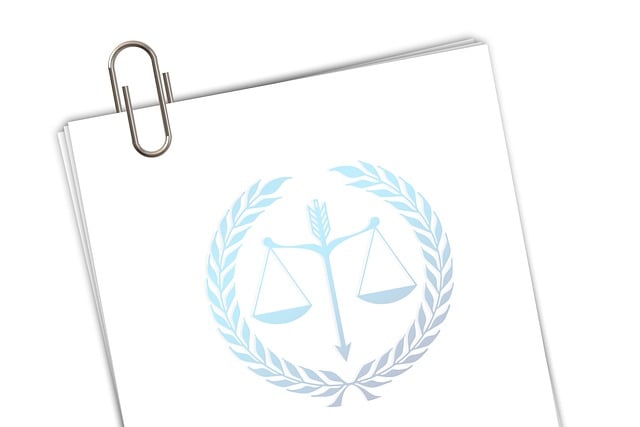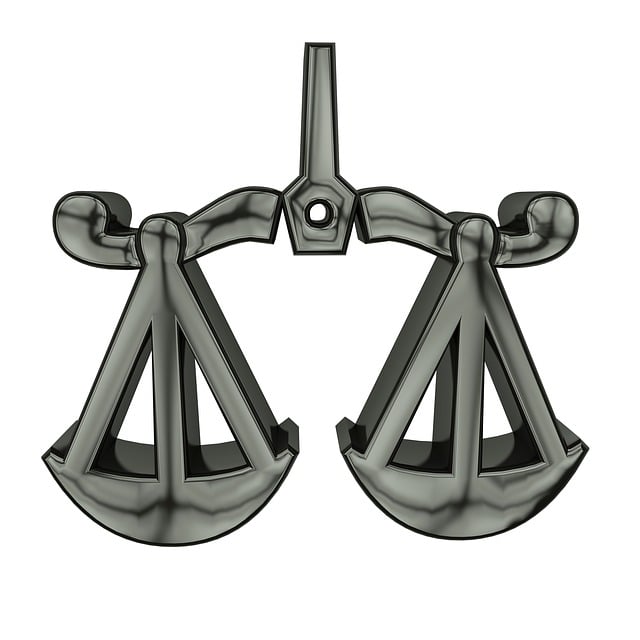Finance crime probes rely on evidence, record analysis, and interviews, with law enforcement collaborating with regulators. Plea bargaining, offering quicker resolutions but raising ethical concerns, especially in white-collar cases, requires careful consideration to balance justice and efficiency. This process, a central aspect of the criminal justice system, carries significant ethical implications like coercion, inadequate legal representation, and socio-economic disparities. Lawyers navigate a complex web advising clients on such deals, particularly in high-profile cases, where decisions can influence an individual's future and raise fairness concerns. Understanding these implications is vital for ensuring fair practices and maintaining public trust in the justice system.
“Unraveling the intricate world of finance crime probes, this article delves into the multifaceted process that underpins the detection and prosecution of financial wrongdoings. From understanding the mechanics of these investigations to exploring the controversial practice of plea bargaining, we examine its ethical implications on criminal justice. This comprehensive guide also sheds light on potential alternatives to plea bargaining, aiming to balance justice and accountability in the pursuit of a fair legal system. Key topics include the role of bargaining in crime resolution and the emerging debates surrounding these decisions.”
- Understanding Finance Crime Probes: Unveiling the Process
- The Role of Plea Bargaining in Criminal Justice
- Ethical Dilemmas Arising from Plea Bargaining Decisions
- Balancing Justice and Accountability: Exploring Alternatives to Plea Bargaining
Understanding Finance Crime Probes: Unveiling the Process

Finance crime probes are a critical aspect of uncovering and preventing illegal activities in the financial sector. These investigations delve into complex web of transactions and accounts, often involving white collar and economic crimes. The process typically starts with gathering evidence through surveillance, financial records analysis, and interviews. Law enforcement agencies collaborate with regulatory bodies to ensure a comprehensive understanding of potential wrongdoing.
Plea bargaining plays a significant role in these probes, raising ethical implications worth examining. While it offers a route towards quicker resolutions, it may also lead to the complete dismissal of all charges for the accused. This strategy has sparked debates about balancing justice and efficiency, particularly in cases of white collar crimes. Ethical considerations should guide prosecutors, ensuring that plea agreements are fair and not just a means to mitigate potential penalties without addressing the underlying ethical concerns surrounding general criminal defense.
The Role of Plea Bargaining in Criminal Justice

Plea bargaining plays a pivotal role in the criminal justice system, serving as a critical mechanism to facilitate resolutions between prosecutors and defendants. This process allows for the negotiation of guilty pleas in exchange for reduced charges or sentences. While plea bargaining is often seen as an efficient way to streamline the judicial process, it also carries significant ethical implications that must be carefully considered. The decisions made during this phase can have profound effects on both individuals and society at large.
The pursuit of winning challenging defense verdicts is not always the sole objective for all involved parties. Achieving extraordinary results through plea bargaining can sometimes result in a more just outcome for the defendant, balancing the need for accountability with the recognition of their rights. However, it’s essential to ensure that these agreements are fair and do not compromise the integrity of the justice system. Ethical implications of plea bargaining decisions include potential coercion, inadequate legal representation, and disparities in sentencing based on socio-economic factors.
Ethical Dilemmas Arising from Plea Bargaining Decisions

Plea bargaining, a crucial component of the criminal justice system, often presents complex ethical dilemmas for legal professionals. When faced with high-stakes cases involving corporate and individual clients, lawyers must navigate delicate situations where their role as advocates intersects with the pursuit of justice. The decision to accept or reject a plea bargain carries significant weight, impacting not only the client’s fate but also shaping public perceptions of fairness.
The ethical implications arise from balancing the best interests of the client against maintaining the integrity of the legal process. In general criminal defense, attorneys must consider whether negotiating a plea deal is in their client’s long-term interest or if it could lead to adverse effects on future cases and the broader community. This dilemma is further exacerbated by potential conflicts of interest, as lawyers may be caught between protecting their client’s interests and upholding professional standards, especially in cases with high public scrutiny.
Balancing Justice and Accountability: Exploring Alternatives to Plea Bargaining

In conclusion, while plea bargaining plays a significant role in criminal justice systems, its ethical implications cannot be overlooked. The process raises complex questions regarding accountability and justice. By exploring alternatives and striking a balance between these two pillars, we can enhance the integrity of finance crime probes and ensure that justice is served fairly and ethically. Understanding the nuances of plea bargaining decisions is crucial to navigating this delicate landscape and fostering a more transparent and just legal framework.






